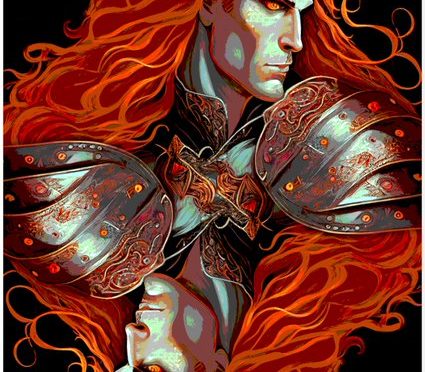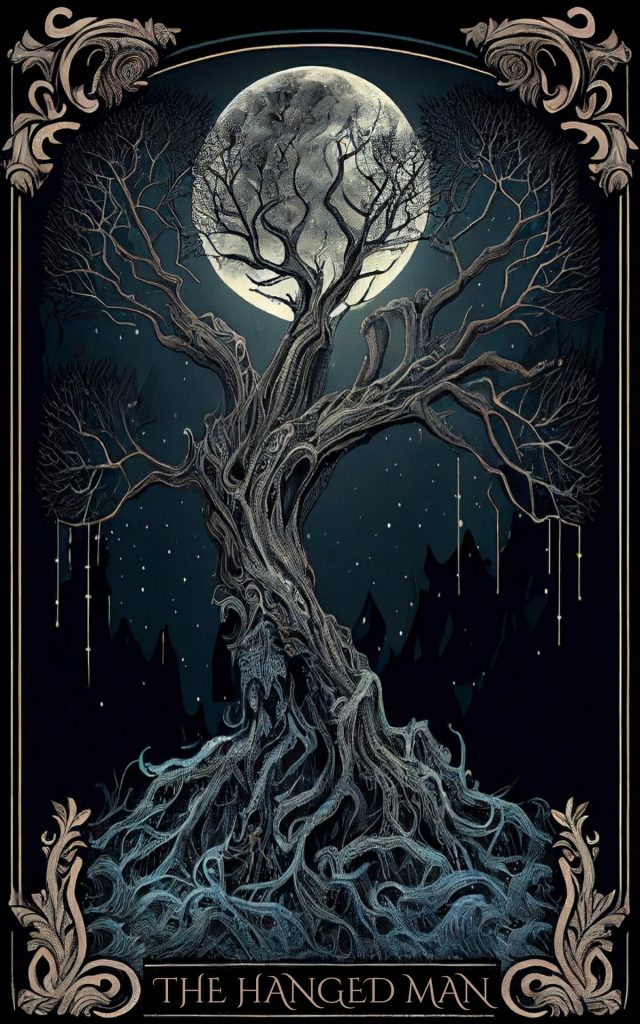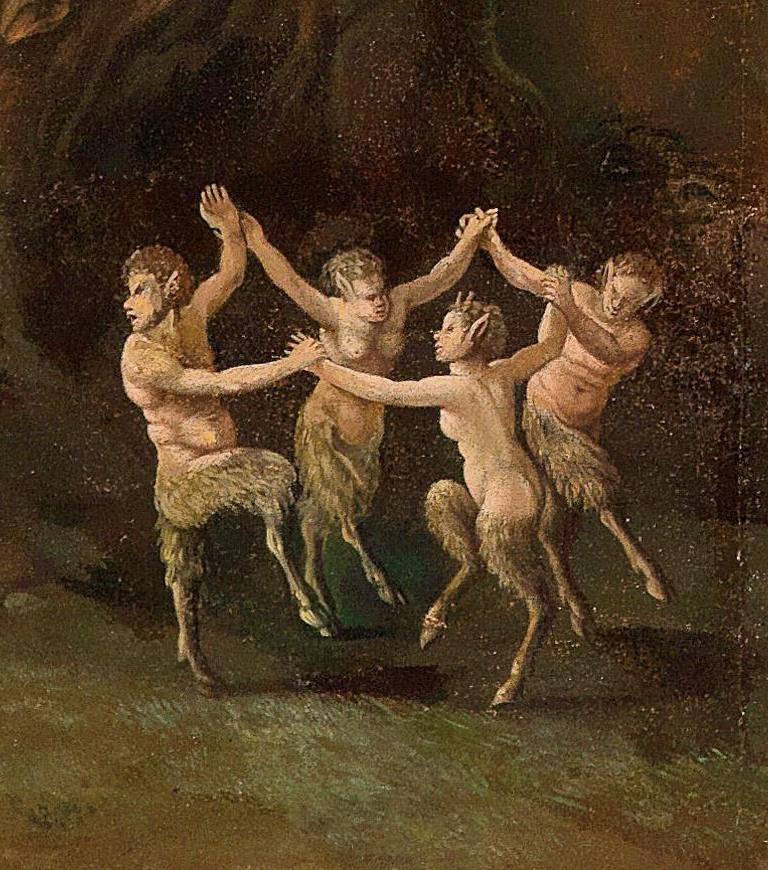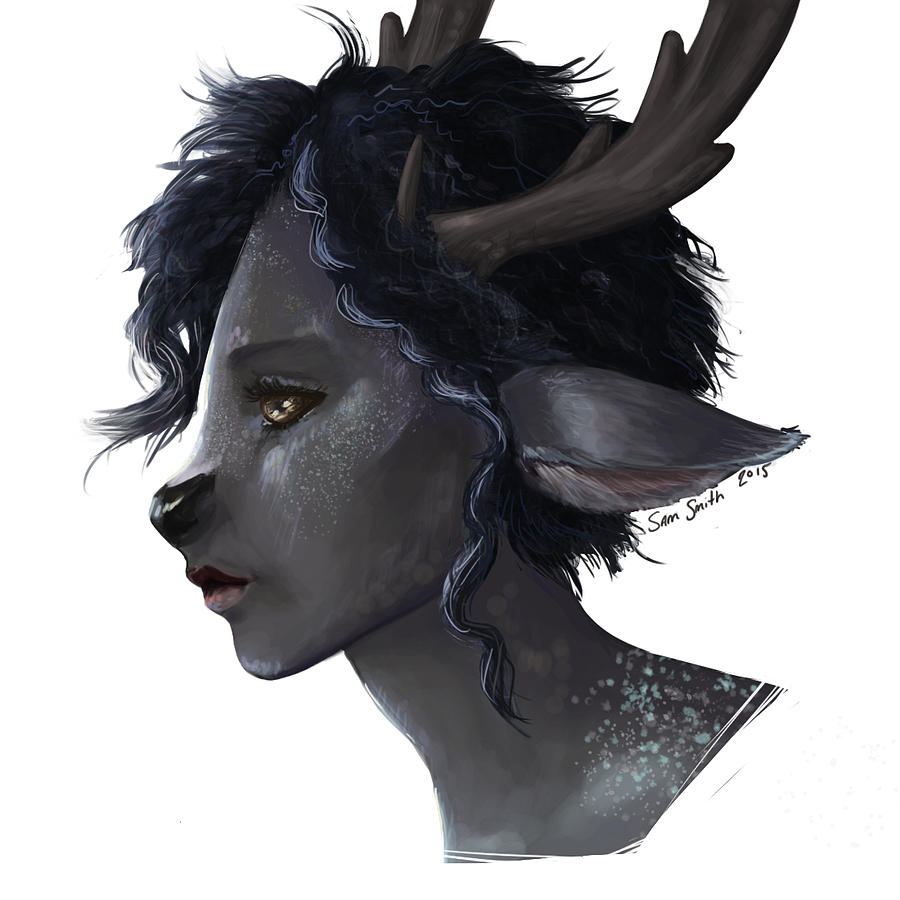Part 3 of a 6-part review series by THE INFAMOUS REVIEWER
In the third tale of Man of Swords, we find our hero crucified to a tree and barely alive, before being rescued and restored back to health by a family of fauns. How did Rhoye ever get in this predicament? And why would this local family want to aid a total stranger?
Well you’ll have to read to find out, but my job here really is to analyze the writing from a PCP (prose/characters/plot) standpoint. Objectively and fairly.
The ‘highlight reel’ definitely belongs to the Faun family: father Olnbirch, mother Khirra, and young daughter Zairre. What distinguishes them is their altruism and devotion to live a quiet and peaceful life, never to compromise their beliefs and code of ethics. Zairre particularly has some very special moments. With her innocence, she can melt the most hardened of hearts ( well, almost any). The way these three characters are written is so delightful that we can’t help but feel emotionally invested in their whereabouts.
Trouble starts when a group of greedy miners start harassing our beloved family in order to take their land which supposedly is rich in gold. The family is not willing to leave their land and that’s when things get ‘complicated’ since Rhoye is by now back in almost full health and strength.
This reminded me of a Spaghetti Western film adaptation in a sense. Only that instead of taking place in the Wild West it takes place in the Wandered Lands. It is gripping, exciting…But it could have been executed even better in my opinion and here is why:
Pace: from the time the miners give the family their ultimatum to leave the farm there is a long chunk of time when not much really happens. It’s just Rhoye living with the Faun family and helping them around the farm. This, I felt, was too drawn out: they work the fields, go visit other faun neighbors, go dance at some local harvest festival…
Dialogue: some of the dialogues were redundant and unnecessary. If we witness a particular action scene take place first hand, we don’t need one of the characters to give a thorough account of those events in the first person later, because we already know all about it. This creates unnecessary bloating.
Overall, The Devil out of Wych Elm remains a solid tale worth reading. Again, the Faun family, their reaction to adversities, their meekness, their willingness to not live by the ‘eye for an eye’ rule, all of that is what makes this so special.
Not the best we’ve seen from Mills, yet highly recommended!




